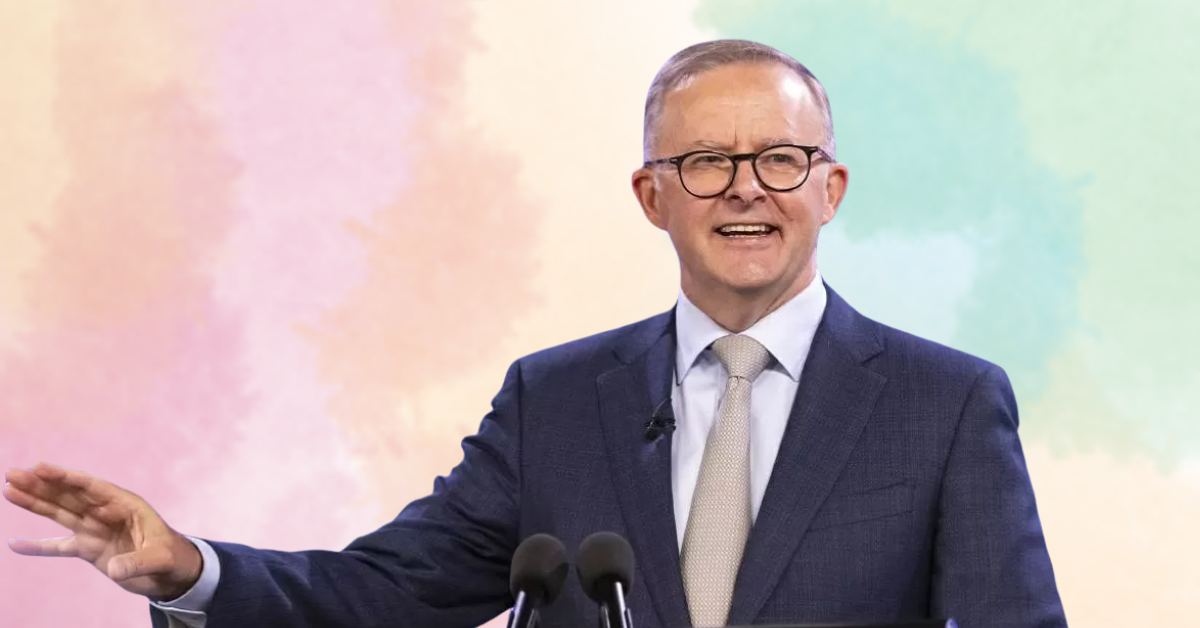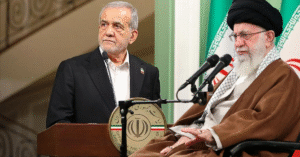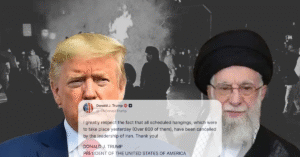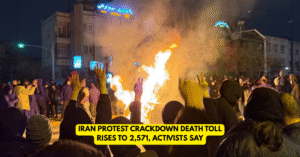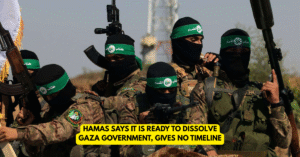Canberra — In a significant change to its Middle East policy, Australia will formally recognise the State of Palestine at next month’s United Nations General Assembly, a move designed to reinforce its commitment to a two-state solution as the humanitarian crisis in Gaza deepens.
Government sources confirmed that the announcement will be made during high-level speeches in New York in September, setting out Australia’s position: Israel’s right to live in security, an immediate and lasting ceasefire, the release of all hostages, and unimpeded humanitarian aid to Gaza. Canberra will also make clear that recognition does not confer legitimacy on Hamas, and that future Palestinian governance should come through a reformed Palestinian Authority capable of overseeing both the West Bank and Gaza.
The decision follows months of quiet consultations with international partners, including several European governments that recognised Palestine in 2024. Officials say the aim is to align Australia with a growing group of Western democracies using diplomatic recognition to push the peace process out of its current deadlock.
Foreign policy advisers describe the move as both symbolic and practical — a signal to Palestinians that their aspirations are acknowledged, and to Israel that international patience with the status quo is wearing thin. “Recognition is not the end of the process, but it’s an essential step toward restarting it,” one senior official said.
Predictably, Israel is expected to reject the move, warning that recognising Palestine without direct negotiations rewards violence and jeopardises its security. Palestinian representatives, however, have long lobbied Canberra for recognition, calling it a necessary foundation for any meaningful negotiations.
Australia’s stance mirrors similar policy shifts in Ireland, Spain, Norway and, soon, France. As part of its next steps, the government is considering upgrading the Palestinian representation in Canberra to a more formal diplomatic mission, while maintaining its defence and intelligence cooperation with Israel.
The announcement comes against a backdrop of worsening conditions in Gaza. UN agencies report soaring displacement, critical infrastructure damage, and dwindling access to water, food and healthcare. Officials say Australia will accompany recognition with increased humanitarian aid and support for reconstruction — but with strict oversight to ensure funds reach civilians.
By stepping into the diplomatic spotlight at UNGA, Canberra is betting that symbolic recognition, paired with practical commitments, can help breathe life into a peace process that has been stalled for years.
